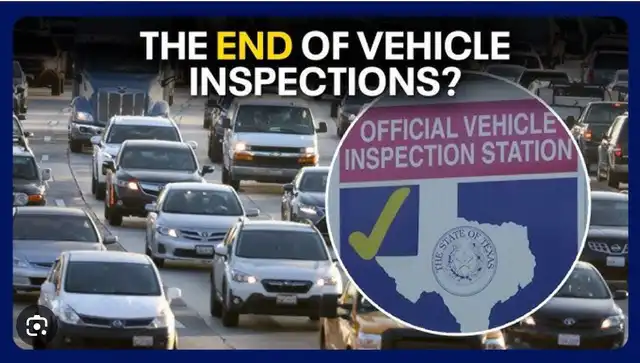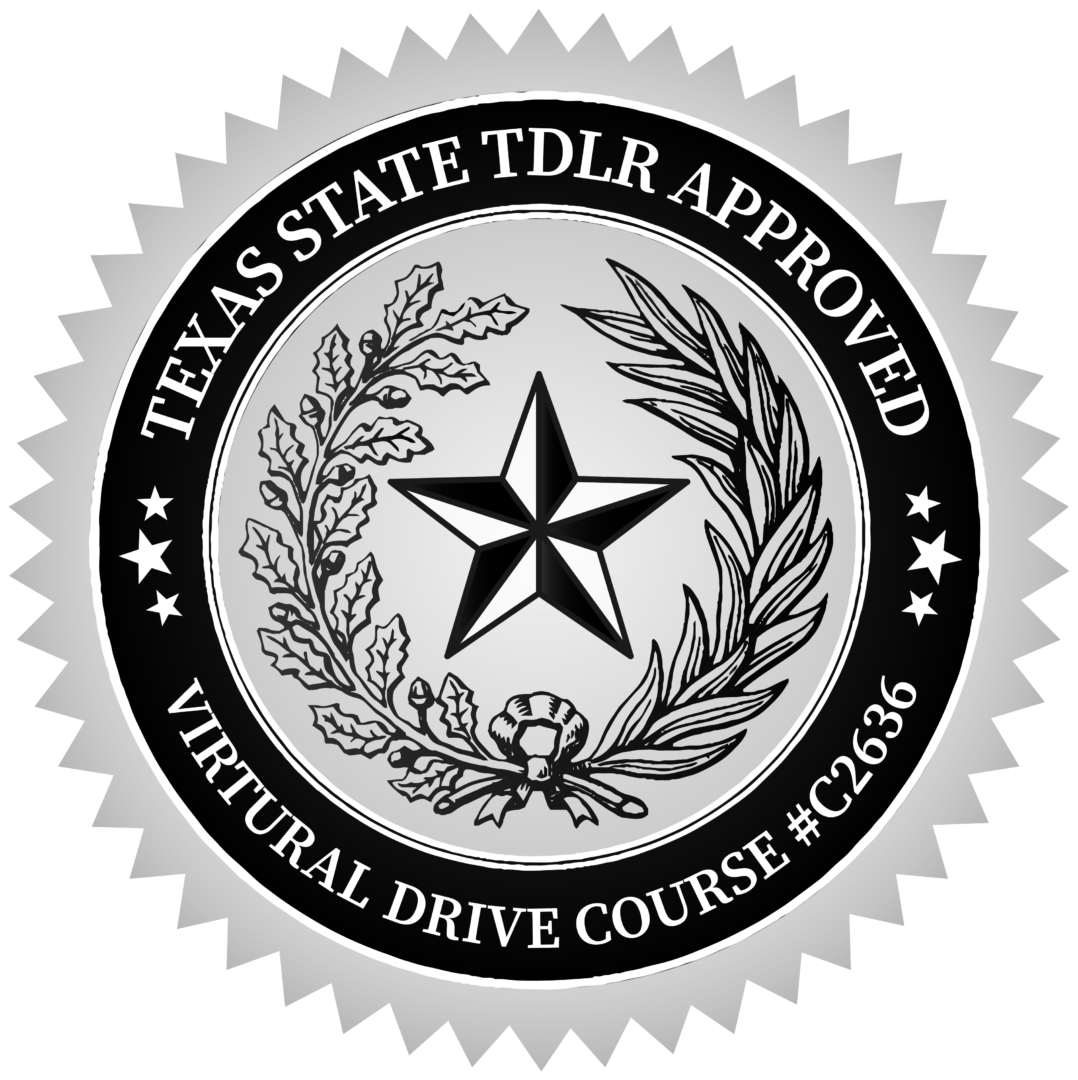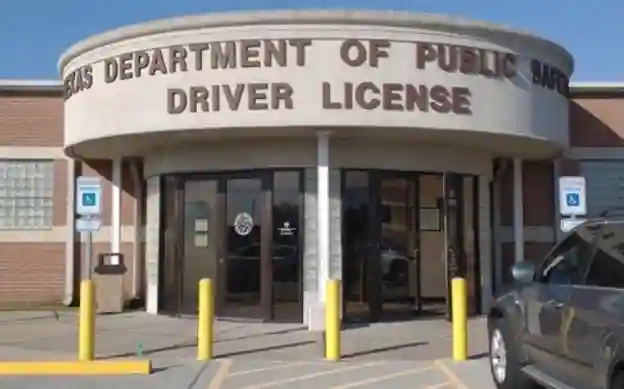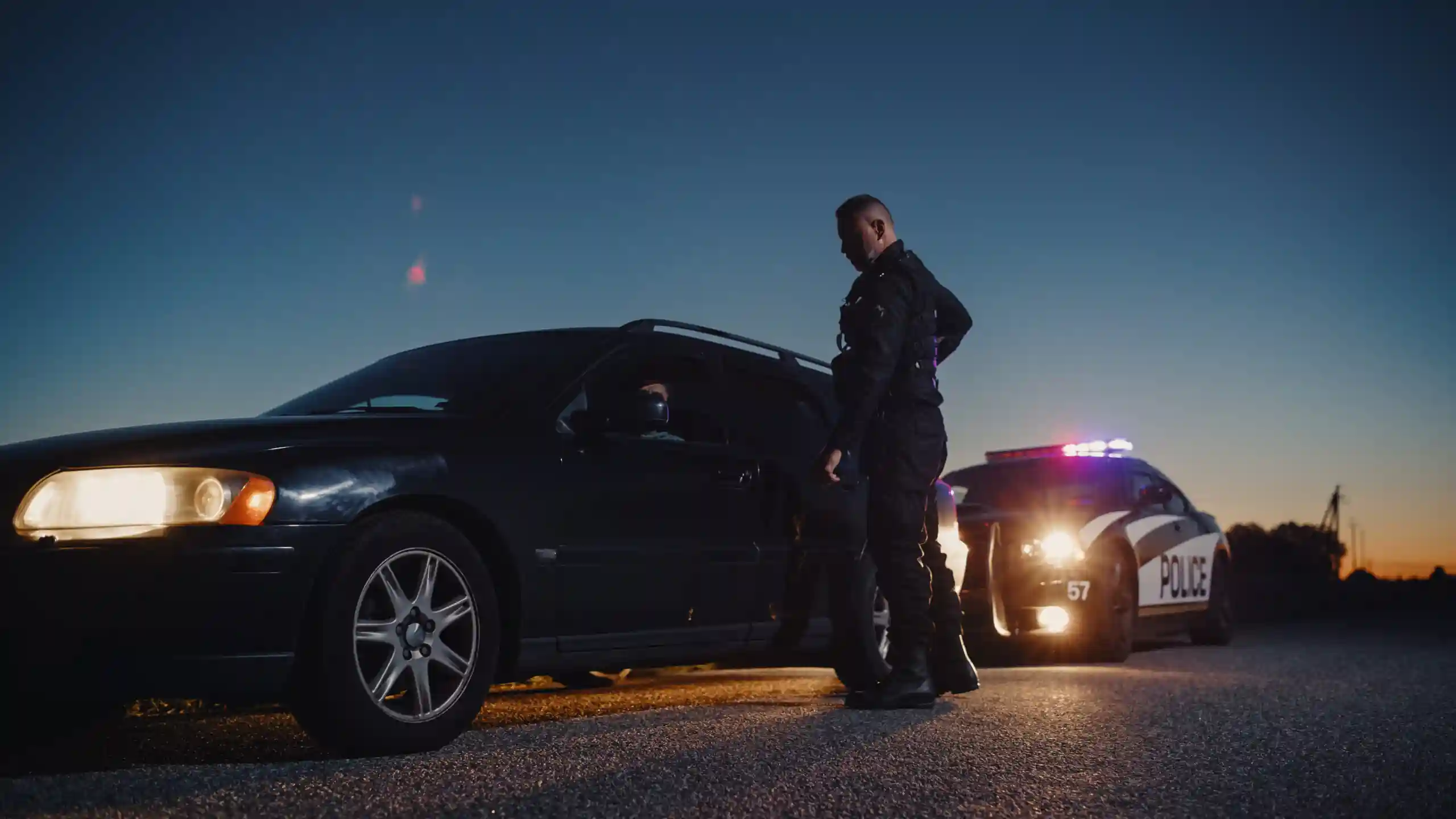
Texas Parent-Taught Driver’s Education : A Stress-Free Guide to Your Teen’s License
With Virtual Drive’s TDLR/DPS-approved Parent-Taught Driver’s Ed course, you can feel confident knowing, “We’ve got this!” From your first step of state registration to receiving your Texas driver’s license, our course provides a smooth, stress-free experience. This approach allows a certified online course to teach your teen, while you supervise and guide their hands-on practice.
Here’s how it works:
- Enroll in the Course
Begin with Virtual Drive’s TDLR-approved Parent-Taught Driver’s Ed course (#107), designed for teens aged 14-17. Complete the DL-92 form and submit it to the Texas Department of Licensing and Regulation (TDLR) to participate in the program. - Study the Online Course
The first six hours of our course focus on preparing for the DPS written test, which you can take online, saving a trip to the DPS office! - Apply for the Learner’s Permit
After completing the first six hours and passing the DPS test, print your certificate, gather your identification (per our checklist), and apply for your Texas learner’s license at the DPS office. - Begin Behind-the-Wheel Lessons
With a learner’s permit, teens start in-car driving lessons supervised by a parent or guardian. Teens also continue online course modules until all requirements are completed. - Complete the Impact Texas Young Drivers (ITYD) Course
All new drivers under 24 must complete the free ITYD course after driver’s ed, a requirement before taking the DPS road test. - Apply for Your Texas Driver’s License
At 16, after finishing the parent-taught course and ITYD, apply for your Texas driver’s license. Remember to make copies of your DE-964 certificate for insurance discounts and personal records.
Our program prioritizes ease and clarity to ensure you’re well-prepared and avoid surprises at the DPS. Choose Virtual Drive to experience a Texas driver’s ed program focused on simplicity and support.




